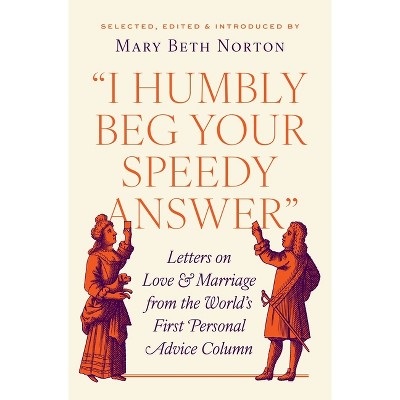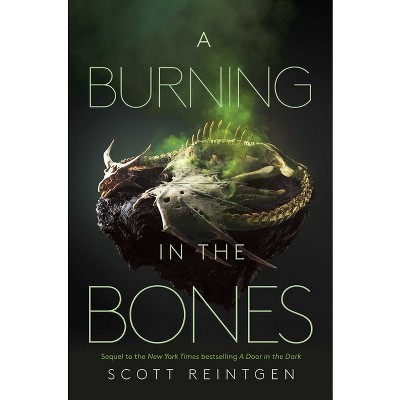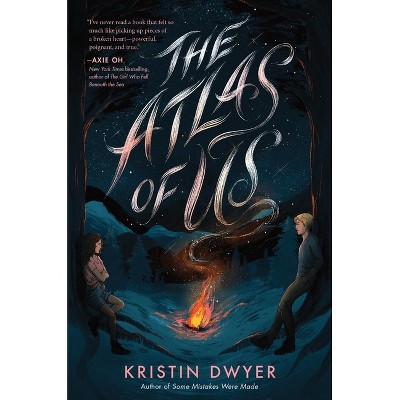Sponsored

Atlas's Bones - by D Vance Smith (Hardcover)
$37.50
Out of Stock
Eligible for registries and wish lists
Sponsored
About this item
Highlights
- A major new look at Africa's influence on European culture and how colonization remade Africa in the image of a medieval Europe.
- About the Author: D. Vance Smith is professor of English and former director of medieval studies at Princeton University.
- 432 Pages
- Literary Criticism, African
Description
About the Book
"A major new look at Africa's influence on European culture and how colonization remade Africa in the image of a medieval Europe. Virgil. Chaucer. Petrarch. These names resonate with many as cornerstones of European culture. Yet, in Atlas's Bones, D. Vance Smith reveals that much of what is claimed as European culture up to the Middle Ages-its great themes in literature, its sources in political thought, its religious beliefs-originated in the writings of African thinkers like Augustine, Fulgentius, and Martianus Capella, or Europeans who thought extensively about Africa. In fact, a third of Virgil's Aeneid takes place in Africa. Francis Petrarch believed his most important achievement was his epic Africa; while Geoffrey Chaucer wrote repeatedly about the figures of Scipio Africanus, actually two different men who defeated and destroyed Carthage. Smith tells the story of how Europe created a false "medieval" version of Africa to acquire resources and power during the era of imperialism and colonialism. The first half of the book, "Reading Africa," traces Egypt's, Libya's, and Carthage's influence on classical and medieval thinking about Africa, highlighting often ignored literary and legendary traditions, for example, that Alexander the Great named himself the son of an African god. The second part, "Writing Africa," focuses on how the different cultures of the two great African cities-Carthage and Alexandria-shaped medieval literary criticism and political theology and examines the cross-influences of modern anthropology, medieval studies, and colonial law. Atlas's Bones firmly re-establishes the significance of Africa in European intellectual history. It will be essential reading for anyone seeking to understand how much of Africa informs our artistic and cultural world"--Book Synopsis
A major new look at Africa's influence on European culture and how colonization remade Africa in the image of a medieval Europe. Virgil. Chaucer. Petrarch. These names resonate with many as cornerstones of European culture. Yet, in Atlas's Bones, D. Vance Smith reveals that much of what is claimed as European culture up to the Middle Ages--its great themes in literature, its sources in political thought, its religious beliefs--originated in the writings of African thinkers like Augustine, Fulgentius, and Martianus Capella, or Europeans who thought extensively about Africa. In fact, a third of Virgil's Aeneid takes place in Africa. Francis Petrarch believed his most important achievement was his epic Africa; while Geoffrey Chaucer wrote repeatedly about the figures of Scipio Africanus, actually two different men who defeated and destroyed Carthage. Smith tells the story of how Europe created a false "medieval" version of Africa to acquire resources and power during the era of imperialism and colonialism. The first half of the book, "Reading Africa," traces Egypt's, Libya's, and Carthage's influence on classical and medieval thinking about Africa, highlighting often ignored literary and legendary traditions, for example, that Alexander the Great named himself the son of an African god. The second part, "Writing Africa," focuses on how the different cultures of the two great African cities--Carthage and Alexandria--shaped modern literary criticism and political theology and examines the cross-influences of modern anthropology, medieval studies, and colonial law. Atlas's Bones firmly re-establishes the significance of Africa in European intellectual history. It will be essential reading for anyone seeking to understand how much of Africa informs our artistic and cultural world.Review Quotes
"A fascinating exploration of the place of Africa and Africans in the intellectual life of classical Europe, its later erasure, and some of the consequences in the making of the cultures of Empire."--Kwame Anthony Appiah, author of 'The Lies That Bind: Rethinking Identity '
"Smith finds that medieval European literature relies on knowledge of a real (not just a mythic) Africa and writings by Africans, and his invitation to reorient our understanding of the relationship between continents is both provocative and persuasive. His compelling challenge to the use of a false 'medieval' to support racial hierarchies and conquest is important for historians, literary scholars, and everyone seeking to better understand the world as it was and as it is."--David M. Perry, coauthor of 'The Bright Ages: A New History of Medieval Europe'
"This brilliant book affirms that Africa has never been alien to Europe. European self-understanding has always depended upon its southern neighbor, and yet Europe has regarded Africa as a place perennially medieval, in need of neo-feudal law, and incapable of comprehending modernity. Smith expertly guides us through this tangled web of mutual indebtedness and pseudo-feudal mystification. A landmark achievement."--David Wallace, author of 'Europe: A Literary History, 1348-1418'
"We live in an exciting historical moment in medievalist scholarship. While two decades ago Euromedievalists hardly noticed the vast world outside Latin Christendom, an increasing number of scholarly studies today are unearthing the crucial debts that Euromedieval literature, history, and thought owe to Afro-Asian worlds. Atlas's Bones, in particular, treating literary history, philosophy, and medievalism through nine expansive chapters, will surely be one of the new studies that will be read for a long time."--Geraldine Heng, author of 'The Invention of Race in the European Middle Ages'
About the Author
D. Vance Smith is professor of English and former director of medieval studies at Princeton University. His many books include Arts of Dying: Literature and Finitude in Medieval England, also published by the University of Chicago Press.Dimensions (Overall): 9.0 Inches (H) x 6.0 Inches (W) x 1.1 Inches (D)
Weight: 1.5 Pounds
Suggested Age: 22 Years and Up
Number of Pages: 432
Genre: Literary Criticism
Sub-Genre: African
Publisher: University of Chicago Press
Format: Hardcover
Author: D Vance Smith
Language: English
Street Date: November 28, 2025
TCIN: 1006060625
UPC: 9780226830308
Item Number (DPCI): 247-32-6543
Origin: Made in the USA or Imported
If the item details aren’t accurate or complete, we want to know about it.
Shipping details
Estimated ship dimensions: 1.1 inches length x 6 inches width x 9 inches height
Estimated ship weight: 1.5 pounds
We regret that this item cannot be shipped to PO Boxes.
This item cannot be shipped to the following locations: American Samoa (see also separate entry under AS), Guam (see also separate entry under GU), Northern Mariana Islands, Puerto Rico (see also separate entry under PR), United States Minor Outlying Islands, Virgin Islands, U.S., APO/FPO
Return details
This item can be returned to any Target store or Target.com.
This item must be returned within 90 days of the date it was purchased in store, shipped, delivered by a Shipt shopper, or made ready for pickup.
See the return policy for complete information.
Frequently bought together

$42.49
was $76.93 New lower price
Buy 1, get 1 50% off select books
5 out of 5 stars with 1 ratings

$11.37 - $16.50
MSRP $18.99 - $30.00
Buy 1, get 1 50% off select books
4.4 out of 5 stars with 23 ratings
Trending New Books
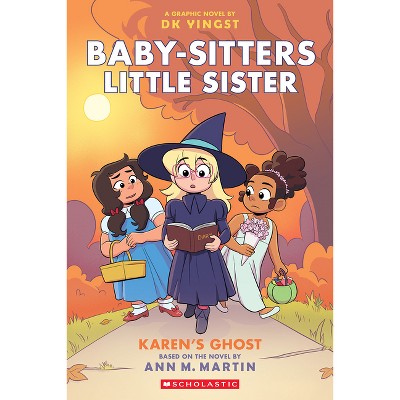
$8.82 - $21.00
MSRP $12.99 - $24.99
Buy 1, get 1 50% off select books
3.9 out of 5 stars with 7 ratings

$7.00
MSRP $12.99
Buy 1, get 1 50% off select books
4.7 out of 5 stars with 15 ratings
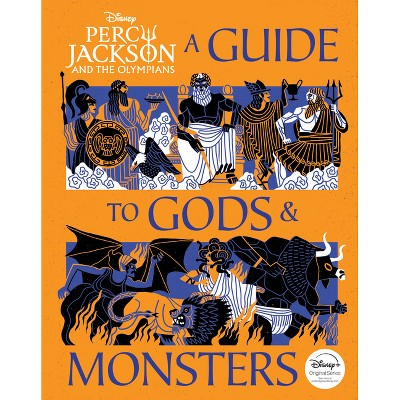
$12.80
MSRP $16.99
Buy 1, get 1 50% off select books
5 out of 5 stars with 1 ratings
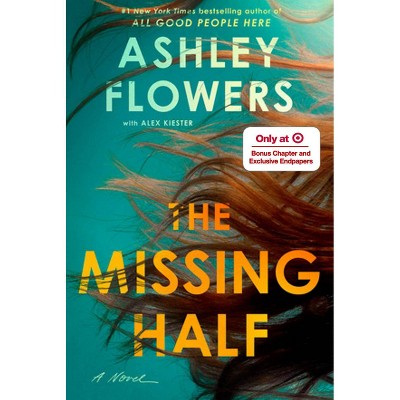
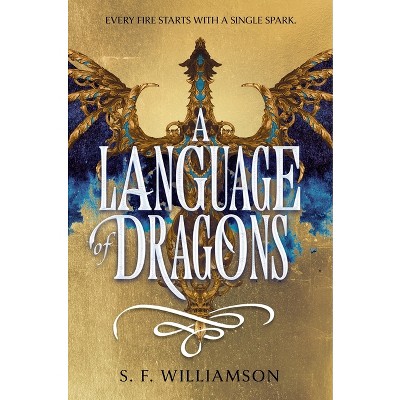
$10.80 - $11.99
MSRP $15.99 - $19.99 Lower price on select items
Buy 1, get 1 50% off select books
5 out of 5 stars with 3 ratings

$19.00 - $19.34
MSRP $19.00 - $29.99
Buy 1, get 1 50% off select books
5 out of 5 stars with 5 ratings
Discover more options

Highly rated
$19.99 - $20.61
MSRP $19.99 - $32.99
Buy 1, get 1 50% off select books
4.8 out of 5 stars with 11 ratings
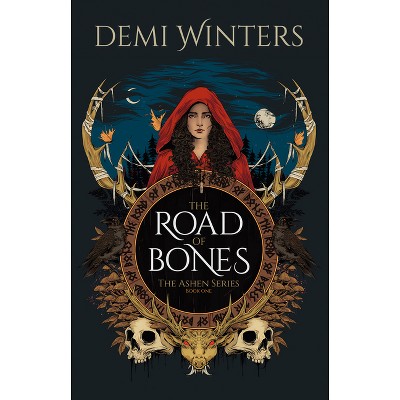
$17.10 - $17.84
MSRP $20.00 - $30.00
Buy 1, get 1 50% off select books
5 out of 5 stars with 4 ratings



